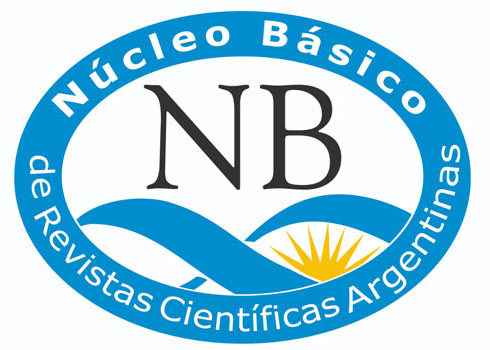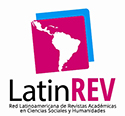“The sorcerer is not human”: considerations on sorcery and kinship for rethink the xinguano multiethnic system
Abstract
The article analyzes the sociopolitical dynamics of the xinguano multiethnic system, located in central-west Brazil, drawing from the logics revealed by sorcery practices. Based on fieldwork with the Aweti, a Tupi xinguano group, the analysis of this logic enables a description of the xinguano sociocultural unity and of the groups that constitute it not only as historical products —something that has already been shown by the region’s ethnology— but also as continuously historical products, always to be recreated. The article’s key argument is that sorcery is the dark side, the unwanted effect of the process of becoming kin, a process central to the constitution of xinguano identity. Thus, sorcery would be what makes the xinguano people never seem perfectly xinguanos/humans to themselves.Downloads

Runa, archivos para las ciencias is a publication of the Instituto de Ciencias Antropológicas, Facultad de Filosofía y Letras, Universidad de Buenos Aires and is distributed under a Creative Commons Attribution 4.0 International License.
Runa maintains its commitment to the policies of Open Access to scientific information, considering that both scientific publications and publicly funded research should circulate on the Internet freely, free of charge and without restrictions.
The contents and opinions expressed in published articles are the sole responsibility of their authors.



















